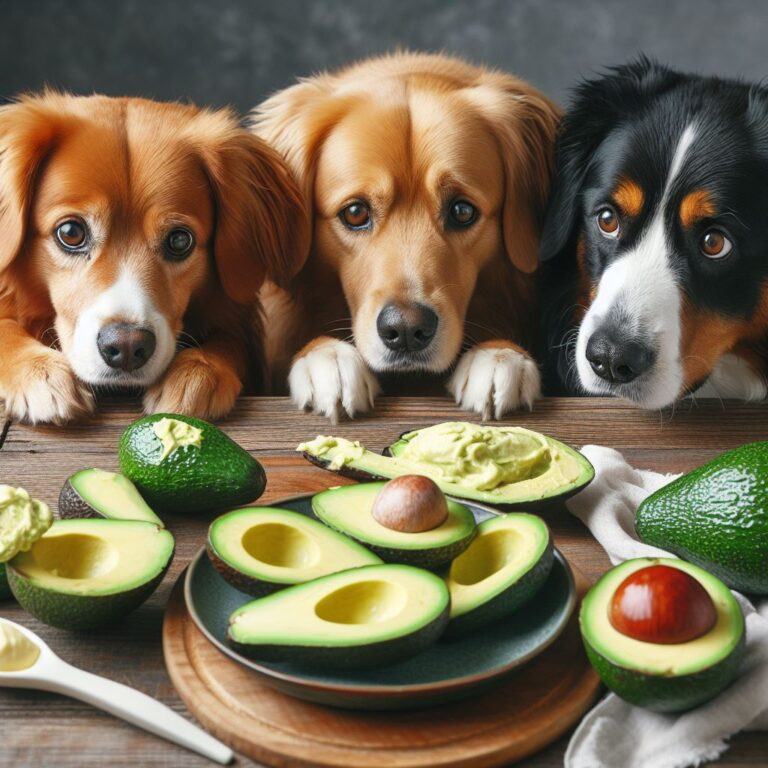Can Dogs Safely Eat Yoghurt
The answer here is yes, most dogs can safely eat yoghurt but as with any treat, moderation is key in finding the right balance. Probiotics, found abundantly in yoghurt, play a significant role in maintaining a healthy digestive system for dogs. The calcium content in yoghurt helps to maintain and strengthen a dog’s skeletal system.
Our canine companions are more than pets; they are integral members of our families. Recognizing their unique dietary needs is crucial for maintaining their health and happiness.
Introducing variety to their meals not only keeps things interesting but also provides essential nutrients for their well-rounded development.
Yoghurt emerges as a potential addition, bringing both flavour and nutritional benefits to their bowls.
Nutritional Benefits of Yoghurt for Dogs
Yoghurt can be more than just a delightful treat and offers a myriad of health benefits for dogs. Let’s look into the nutritional components that make yoghurt a favourable addition to their diet.
Probiotics and Digestive Health
Probiotics are beneficial bacteria that aid in digestion, potentially alleviating issues such as diarrhoea or constipation. Yoghurt can act as a digestive ally, fostering a happy and comfortable tummy for our furry friends.
Calcium and Bone Health
The calcium content in yoghurt contributes to the robustness of a dog’s skeletal system. Strong bones are crucial for their overall mobility and well-being, and including yoghurt in their diet provides a tasty way to ensure they receive this essential mineral.
Risks and Precautions of Yoghurt for Dogs
While yoghurt offers numerous benefits, it’s essential to be aware of potential risks, particularly when consumed in excess or in certain forms.
Lactose Intolerance
Similar to some humans, dogs can be lactose intolerant, meaning their bodies may struggle to digest lactose, the sugar found in milk and dairy products.
Opting for yoghurt with low lactose content or choosing lactose-free alternatives can mitigate this concern and allow lactose-sensitive dogs to enjoy this creamy delight.
Avoiding Flavored and Sweetened Yoghurts
The market offers a huge variety of different types of yoghurts, some of which may contain added sugars and artificial flavours. These additives can be harmful to dogs and may lead to unnecessary health issues.
Therefore, it’s crucial to opt for plain, unsweetened yoghurt without any additives, ensuring a pure and wholesome treat.
Moderation is Key
As with any treat, moderation is vital. While yoghurt provides health benefits, excessive consumption can lead to issues.
Understanding the appropriate portion size based on the dog’s size is essential for responsible treat-giving. Moderation ensures that the delightful indulgence remains a positive addition to their diet.
Best Practices for Introducing Yoghurt to Your Dog
To ensure dogs reap the maximum benefits from yoghurt without encountering downsides, adhering to best practices is essential.
Not all yoghurts are created equal. Opting for plain, unsweetened yoghurt without any additives ensures that dogs receive the nutritional goodness without unnecessary sugars or artificial ingredients.
This choice aligns with the principles of a healthy and balanced canine diet.
Dogs, like humans, may need time to adjust to new additions to their diet. Introducing yoghurt gradually allows their digestive system to acclimate to this new treat.
Monitoring their reaction during this phase is crucial to identifying and addressing any adverse effects, ensuring a smooth transition to this delightful addition.
Monitoring Your Dog’s Health and Alternatives
Observation is a key aspect of responsible pet ownership. When introducing yoghurt, keep a close eye on your dog’s health.
Look for signs of allergies or intolerance, such as itching, gastrointestinal issues, or changes in behaviour.
Promptly addressing any concerns is essential for their well-being, ensuring their overall health remains uncompromised.
While yoghurt can be a delightful addition, variety is the spice of a dog’s life. Consider other safe, dog-friendly treats to keep their diet diverse and interesting.
Small pieces of cooked chicken or beef, special treats designed for their dietary needs, or a bit of cooked fish or egg can provide essential nutrients in a form that’s natural for dogs to digest.
Offering a mix of treats ensures their diet remains both nutritious and exciting.
Yoghurt can indeed be a safe and flavorful treat for our canine companions, contributing to their overall health and happiness.
As a responsible pet owner, staying informed about your dog’s diet is paramount. While yoghurt can be a delightful addition, consulting with your veterinarian before making significant changes is always a wise decision.
Veterinarians can provide personalized advice based on your dog’s specific health profile, ensuring you make choices that promote their well-being.
By incorporating yoghurt into your dog’s diet mindfully, you not only offer a tasty treat but also contribute to their overall health and happiness.
Remember, a healthy dog is a happy dog!







